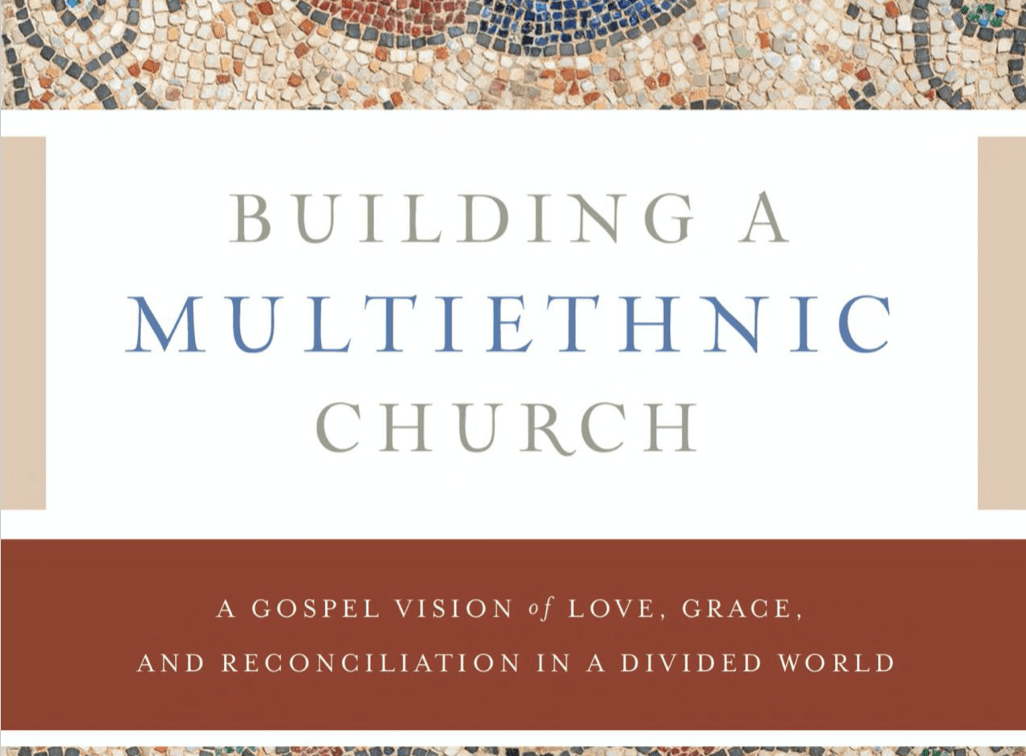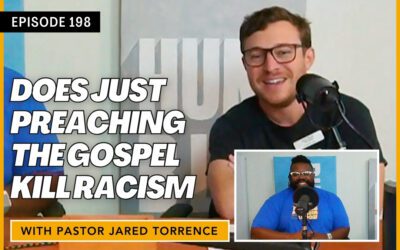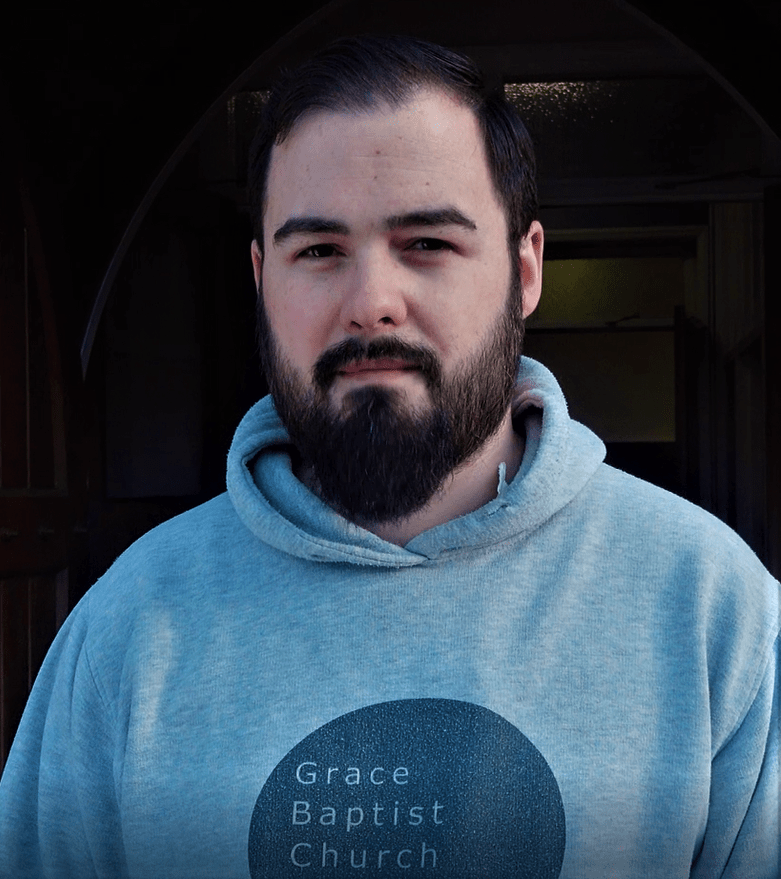I am pastor of a church in Wood Green, an ethnically and socio-economically diverse urban town center in London, England. This environment makes quite a change from the rural Arkansas of my formative years, but I was blessed to have parents who taught me that “Jesus loves the little children, all the children of the world” and pursued the practice of that love in their own lives and ministries. We moved to London in no small part because it was a place of great spiritual need where the nations of the world were gathered in one place.
I remember the first Sunday in our new church. We sang a song that said, “Our heart, Our desire / Is to see the nations worship,” and for the first time I found myself in a place where I could actually visualize the reality of such lyrics, surrounded by people from many nations worshipping together. For almost two decades now, this has defined my experience of church. Sadly though, churches all across America are deprived of that particular foretaste of heaven. In some cases this is simply a product of demographics, but in other cases it comes from a lack of effort to right historical wrongs. This is the problem Dr. Derwin L. Gray, founding and lead pastor of Transformation Church in Charlotte, North Carolina, addresses in Building a Multiethnic Church: A Gospel Vision of Love, Grace, and Reconciliation in a Divided World (Nashville: Thomas Nelson, 2021).
Instead of providing a detailed synopsis of Building a Multiethnic Church, here are six qualities present throughout the book which I found particularly helpful:
Missionally Urgent
The book begins by noting how the ethnic composition of the USA is changing: from 85% white in 1960 to a projected 43% white by 2060. Sadly, this diversity is not being reflected in the majority of churches in America, where 11 a.m. on a Sunday morning is still the most segregated hour. Not only are the churches overwhelmingly homogeneous, leadership structures and ministry models often unnecessarily perpetuate this ethnic and socio-economic homogeneity. Why? Gray argues, “[I]t’s by choice fueled by indifference, prejudice, petty preferences, or ignorance of the gospel,”(1) and if churches are to thrive in their changing context, they must “reach back to the first century and rediscover the Christ-exalting, gospel-shaped, missional innovation of the early church led by Paul that produced multiethnic local churches.”(2)
Bible-Saturated
Lest anyone accuse Gray of jumping on some cultural bandwagon, remember he is addressing a culture that for centuries dehumanized, brutalized, and marginalized non-white people, that has only in relatively recent decades reformed the law to allow black people basic human rights, and continues to struggle for—or against, as the case may be—legal and social reforms pursuant of greater equity and healthier diversity. Furthermore, majority culture churches have sadly been slower even than their already sluggish secular context and have often been vehicles historically for racial oppression and presently for resurgent white nationalism. In a world that actually is raising barriers and shoring up walls of hostility, Building a Multiethnic Church steers clear of new movements and counter movements to tell the old, old story of Jesus and his love for a multiethnic bride fulfilling the covenant promises made to Abraham. Ephesians—along with other New Testament documents related to the Ephesian church—is particularly front and center, but in chapter four Gray thoroughly demonstrates how multiethnic church discipleship was a major emphasis of the apostle Paul across most of his letters.
Christ-Exalting
Gray is clear that the titular work of Building a Multiethnic Church is not achieved by people, but by God, by the power of the Holy Spirit, in Christ who loved the church and gave himself for her. And yet, we must take responsibility when we do not partner with God in this important work. The truncated gospel of Western individualism starts and often stops with individual justification: a simple “Jesus died for my sins, so if I believe in him I can go to heaven.” While that is gloriously true, there are many other important implications of the good news of Jesus’ kingdom—not least of which is communal reconciliation and congregational sanctification. Enjoying the gospel in every facet of its powerful, reconciliatory beauty produces worship and mission!
Local Church-Oriented
Very early in the book, Gray critiques the individualism of many approaches to spiritual discipline and church life. He argues this is in many ways to blame for a consumerist mentality that ultimately produces homogeneous spiritual weekend events attended by individuals instead of cross-cultural communities of discipleship. A deep love and concern for the health and flourishing of the local church is powerfully evident throughout the book and resonated with my own burdens, not least for committed leaders to rise up and clearly lead their churches to exalt Christ in the pursuit of effective mission to the nations on their doorstep.
Thoughtful
Of course, there are appropriate nuances to be made in a balanced proposal for multiethnic churches. For example, what is one to do in an ethnically homogenous context where the church actually does reflect the local community? If we see White, Asian, and Latino churches at least interested in planting or transitioning to multiethnic congregations, why are black churches not so open? Why, and how can we understand this historically and interpret it charitably and patiently? What about the problem of language barriers, especially among first generation immigrants? Gray takes the time to address each of these questions helpfully.
Devotional
Each chapter concludes with a series of reflection questions and a model prayer. Ultimately, this book should lead humble readers to examine themselves, join the eternal multiethnic church in celebrating the worthiness of Christ, and to prayerfully pursue interpersonal and systemic change in relating to people of other cultural and ethnic backgrounds.
Dr. Gray clearly understands that God is not indifferent to ethnic unity and reminds Christians that we cannot be either. I am thankful for this work and felt spurred toward love and good deeds to see greater ethnic unity in my context.
(1) Gray, Building a Multiethnic Church, 12.
(2) Gray, Building a Multiethnic Church, 17-18.
Prayer Requests:
- Pray for greater awareness of the nations gathered around you, and for eagerness to share Christ, indeed your life, with them.
- Pray for consciences that are awakened to thoughts, words, and actions that do not reflect Christ-like humility and hospitality, so that you might seek forgiveness and pursue faithfulness in justice, kindness, and humility.
- Pray for your church, that it would represent your local community, and better still – reflect the heavenly city in all of its cultural diversity and Christ-focused harmony.












